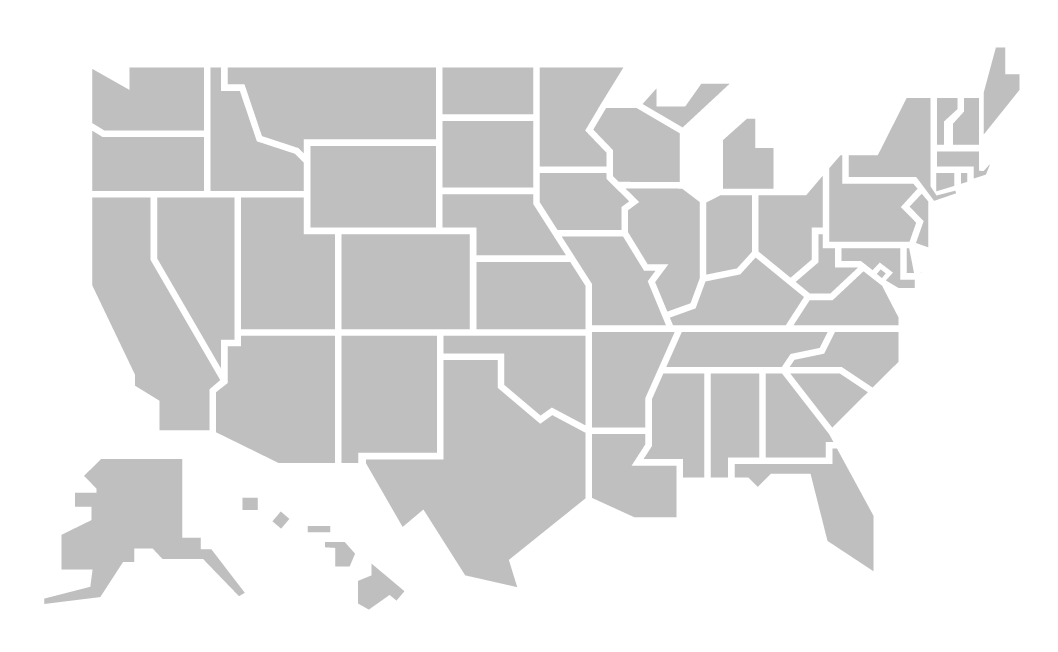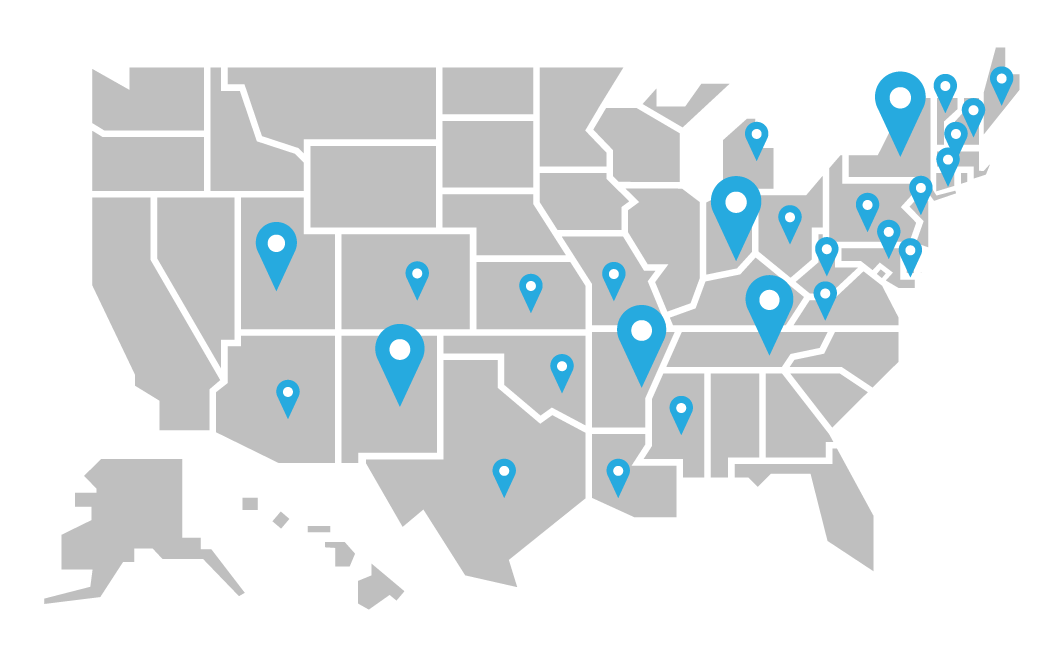Our Mission
The mission of the Black Men’s Health Project is to gain a deeper understanding of the unique health challenges of Black men and develop culturally competent strategies and solutions to improve the health outcomes for Black men.
The mission of the Black Men’s Health Project is to gain a deeper understanding of the unique health challenges of Black men and develop culturally competent strategies and solutions to improve the health outcomes for Black men.
on the health of Black men has existed. The Black Men’s Health Project was created to call attention to the health crisis confronting African-American men in America and gather valuable data and insights through the Black Men’s Health Survey. Our findings will help identify strategies to address the racial disparities in health that negatively impact Black men across the country.
A key component of the Black Men’s Health Survey is to collect valuable data about the health status and social experiences of Black men. Learning why and how certain factors contribute to the health disparities facing African American men is why a team of researchers from institutions including Johns Hopkins University, George Washington University and Michigan State University developed this survey.

The first step is to gain an accurate understanding of the state of Black men’s health. We are looking to survey 10,000 black males to have a significant sample size and gain in-depth perspectives on Black male health across the nation.
All black males in the United States ages 18 and older are eligible to complete the survey. Our goal is to include a diversity of Black men from across the country by education level, geographic location, and age.




The Black Men’s Health Project is led by a coalition of Black male researchers who represent some of the leading institutions in America, including the Johns Hopkins University, George Washington University, and Michigan State University.



